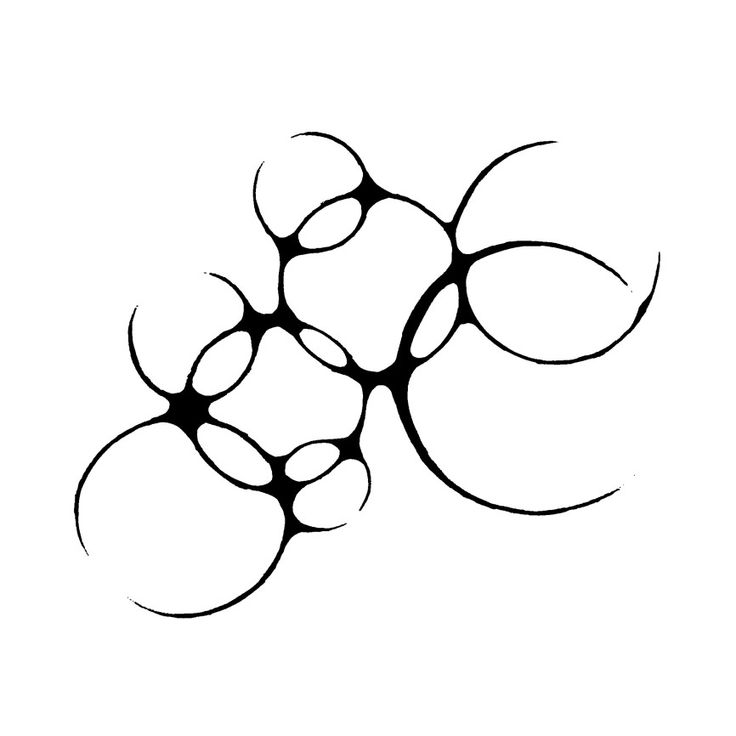
The course of Digital Cultures, tutored by Andres Colmenares, took an investigative approach on the relations between the present and the future through the lens of art, journalism, urbanism, technology, human networks and global market.
Course was structured in a “non-linear” way, what makes our tutor’s pride, yet consistent in terms of narrating through scale and setting a global (or even wider) context before taking a closer look on the smaller scales. Pride and courage are one of the important values of the course.
Courage as an ability to scale the issues we dealt with to the sizes that academics usually would be wary of problematising on a scholar level – such as Andres’ “The Everything Manifesto”. Courage to create fictional future scenarios, loosely basing on the premises of today’s knowledge, art and science and sometimes treat them in a playful way. That inspired students to being creative, often times in a close childly manner – such as an exercise of Bizarre Bazaar where students were asked to create potential future artefacts created from trash using glue and scissors.
Then the pride in being a conscious outsider that is aware of changing technological landscape and deeply involved the climatic issues, contesting the ease of using flashy technologies, generative artificial intelligence or perks of using a brand new hardware.
As for the course contents, Andres invites us to untangle the intricate connections between technology, society, and the environment, challenging us to see beyond the surface of innovation. To study the sustainability of technology is to confront its hidden impacts: energy-intensive infrastructures, e-waste, and exploitative supply chains. These costs, often invisible, demand we rethink progress as something more than convenience or speed.
Media bias further complicates our understanding, revealing how algorithms and editorial choices shape what we see and believe. In this constructed reality, truth becomes fragmented, and trust becomes precarious. Time, too, is altered, as digital systems compress past, present, and future into a relentless now, leaving us grappling with the pace of change and the loss of continuity.
Language, meanwhile, frames how we navigate crises. The notion of a polycrisis—interwoven ecological, social, and technological challenges—forces us to think systemically. Yet language also risks oversimplifying these complexities, requiring careful reflection to avoid reductive solutions.
Together, these themes—sustainability, bias, temporality, and polycrisis—intersect and reveal the entangled world we inhabit. The course does not offer answers but invites critical inquiry, urging us to question, reflect, and imagine new ways of understanding and engaging with a rapidly shifting reality.
image credits: @jacauhl

